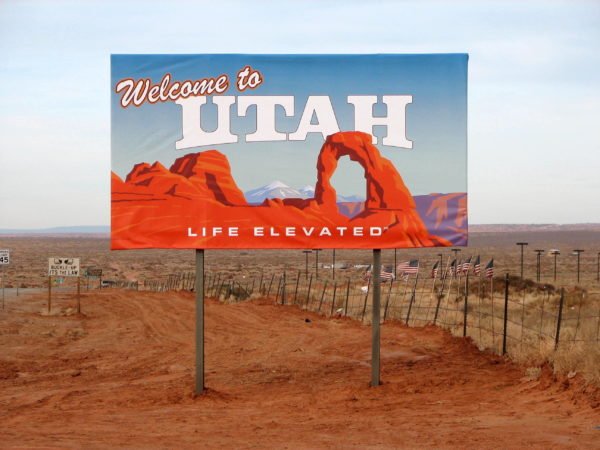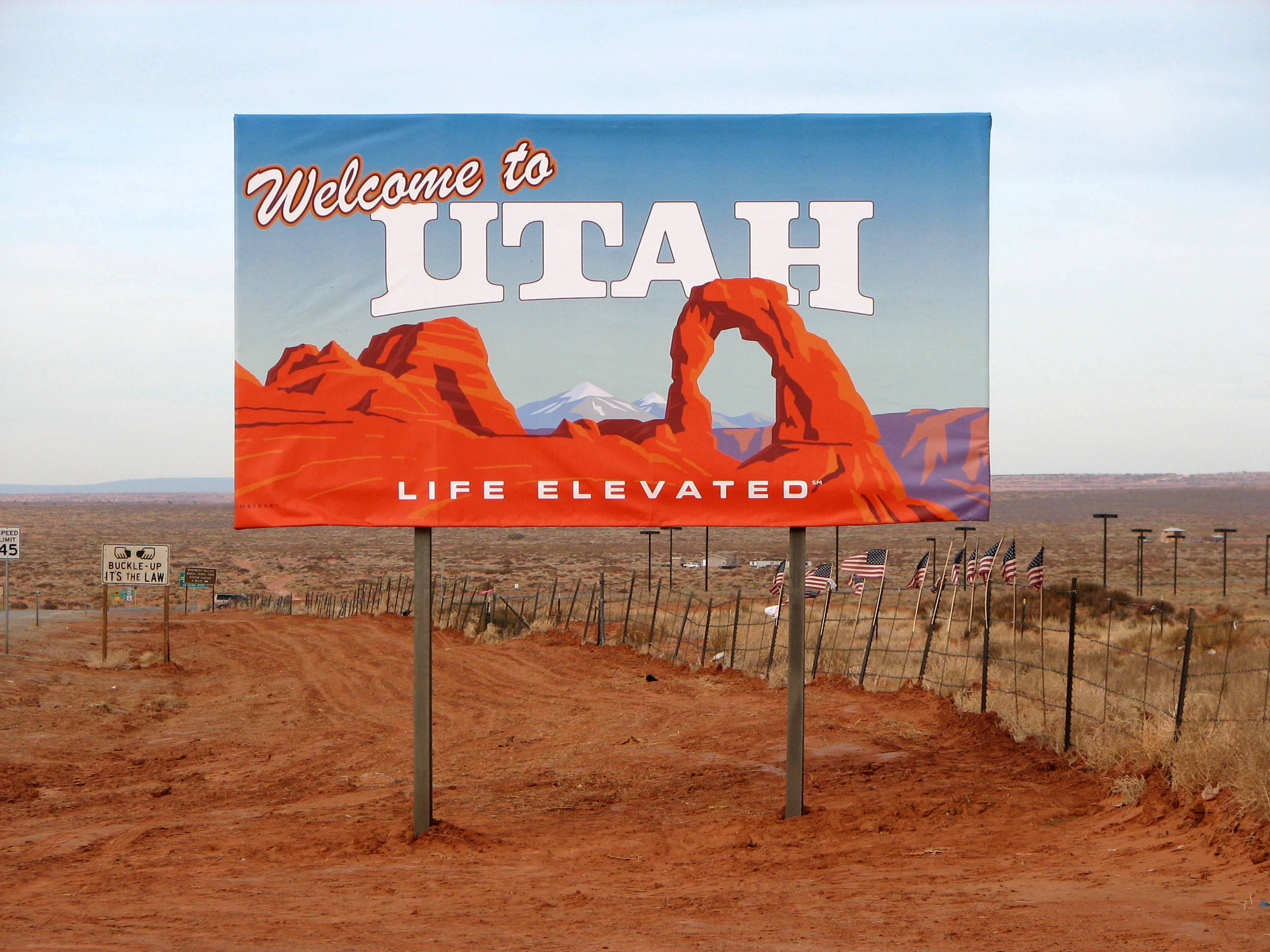Governor Gary Herbert said he would sign a measure that reduces the legal alcohol limit from .08 to .05. Other states may follow suit, and some people are curious as to the possible effect on civil liability.
After a spirited debate, House Bill 155 cleared the Senate by a fairly wide margin. Republicans, including Majority Whip Stuart Adams, claimed the bill “helps prevent drinking drivers from getting behind the wheel in the first place.” Many other countries already have a .05 BAC limit, he added. Democrats, including Sen. Jim Dabakis, expressed concern that the bill would damage hospitality and tourism because it made Utah look like a “peculiar” place.
Advocacy groups were split as well. The American Beverage Institute said the bill would do very little to reduce drunk driving crashes, since most of these drivers have a BAC over .15. On the other side, the Sutherland Institute praised House Bill 155 as a “common sense policy” that is supported by a “mountain of evidence [which] suggests that moving Utah’s DUI blood alcohol content (BAC) standard to .05 will save lives and improve public safety on Utah’s roads.”
Criminal vs. Civil Court
In Utah and most other states, prosecutors can use either direct or circumstantial evidence to convict people in DUI cases. With a lower BAC limit, it’s obviously easier to obtain convictions based on the per se law, but circumstantial evidence cases (normally the field sobriety tests) would be largely unaffected.
Also in Utah and most other states, victim/plaintiffs have two ways to establish liability for damages, and these methods are outlined below. The biggest difference is that the burden of proof in criminal court is much higher than the burden in civil court.
Prosecutors must prove guilt beyond a reasonable doubt, which usually means that the evidence must be so overwhelming that guilty is the only possible verdict. Victim/plaintiffs must only establish liability for damages by a preponderance of the evidence, which means more likely than not. So, if one of the “scales of justice” is just a tiny bit higher than the other one, the plaintiff wins the case.

First Party Liability
Since drivers are impaired after just one drink, evidence of consumption is usually tantamount to evidence of impairment in civil court, because of the lower standard of proof. Such evidence often includes:
- The point of departure (e.g. the negligent driver had just left a bar or restaurant),
- Erratic driving,
- Bloodshot eyes, and
- An odor of alcohol.
If the tortfeasor (negligent driver) is arrested for DUI, the negligence per se shortcut usually applies. The exact rule varies from state to state, but typically the tortfeasor is liable as a matter of law if the driver:
- Violated a safety law, and
- That violation substantially caused the plaintiff’s damages,
The effect also varies. In some jurisdictions, negligence per se is conclusive proof of liability; in other places, negligence per se only creates a presumption in favor of liability.
Third Party Liability
Many states have dram shop laws that hold third-party alcohol providers, like bars, grocery stores, and party hosts, liable for damages in certain situations. Generally, if the tortfeasor was under 21, the provider is automatically responsible and there is no possible legal defense. If the tortfeasor was over 21, the plaintiff must also prove that the provider was somehow negligent, perhaps by serving someone who was obviously intoxicated.
Some states, including California, have done away with their dram shop laws. When asked why, Sherwin Arzani, an attorney that handles personal injury matters in California, responded, “It’s because some people believe such laws undercut personal responsibility in alcohol-related crashes.”
Third party liability may still apply even in the absence of a dram shop law, under a more complicated legal theory. For example, assume a party host promises to call a taxi for an intoxicated guest, the host does not make the call, the guest drives home, and causes a car crash along the way. Under these facts, the host could still be a responsible third party even if there is no dram shop law, under a theory called negligent undertaking.
